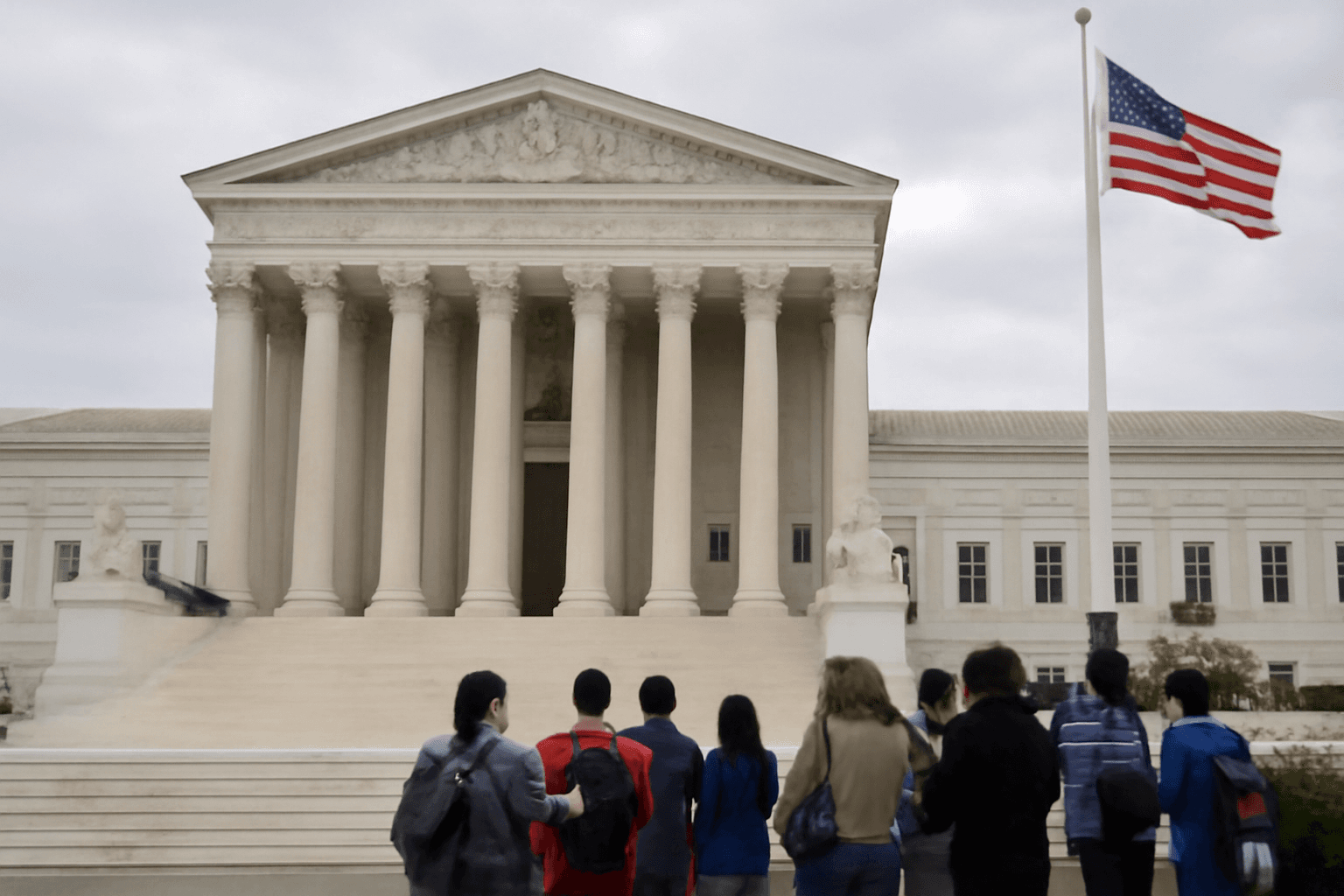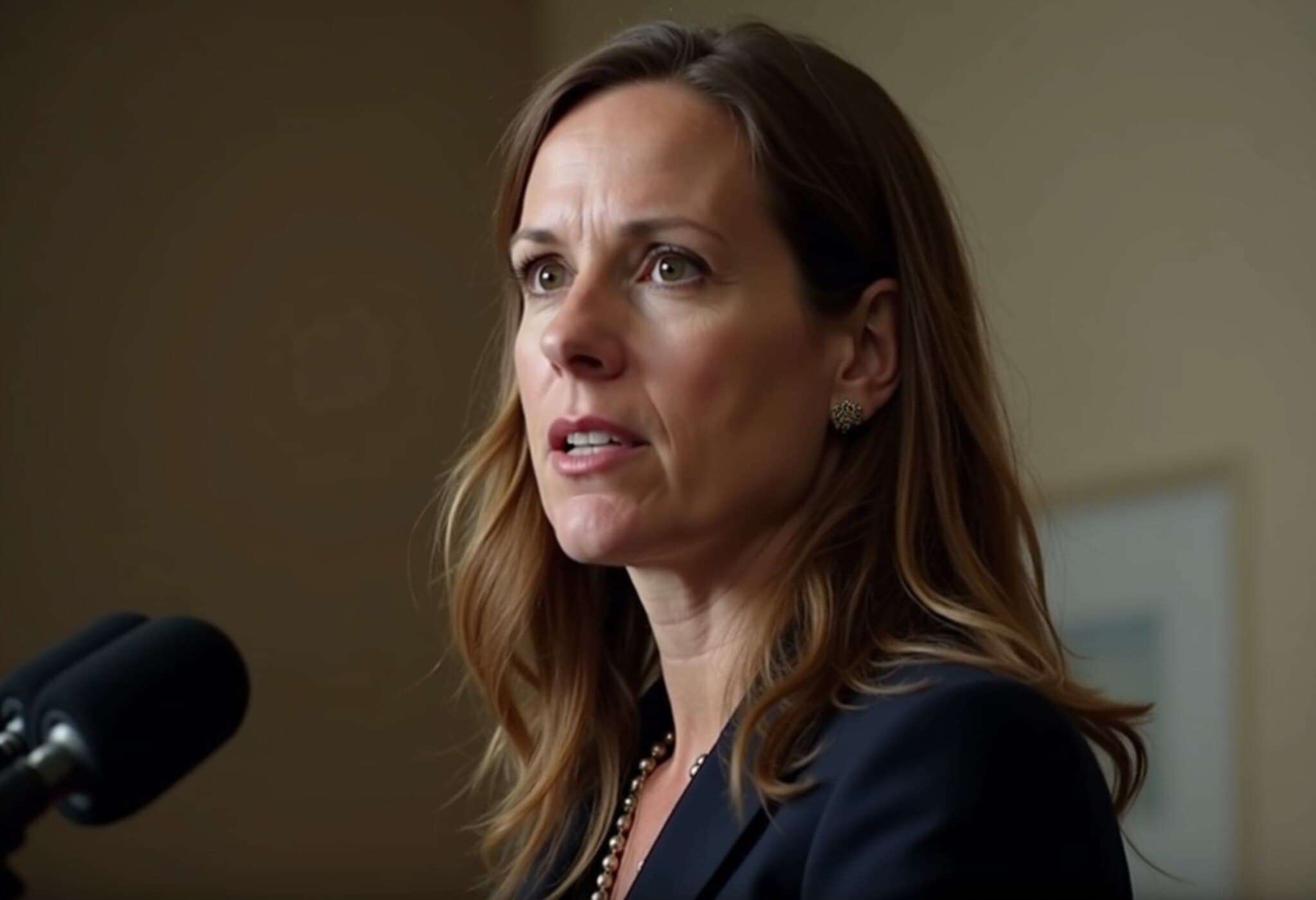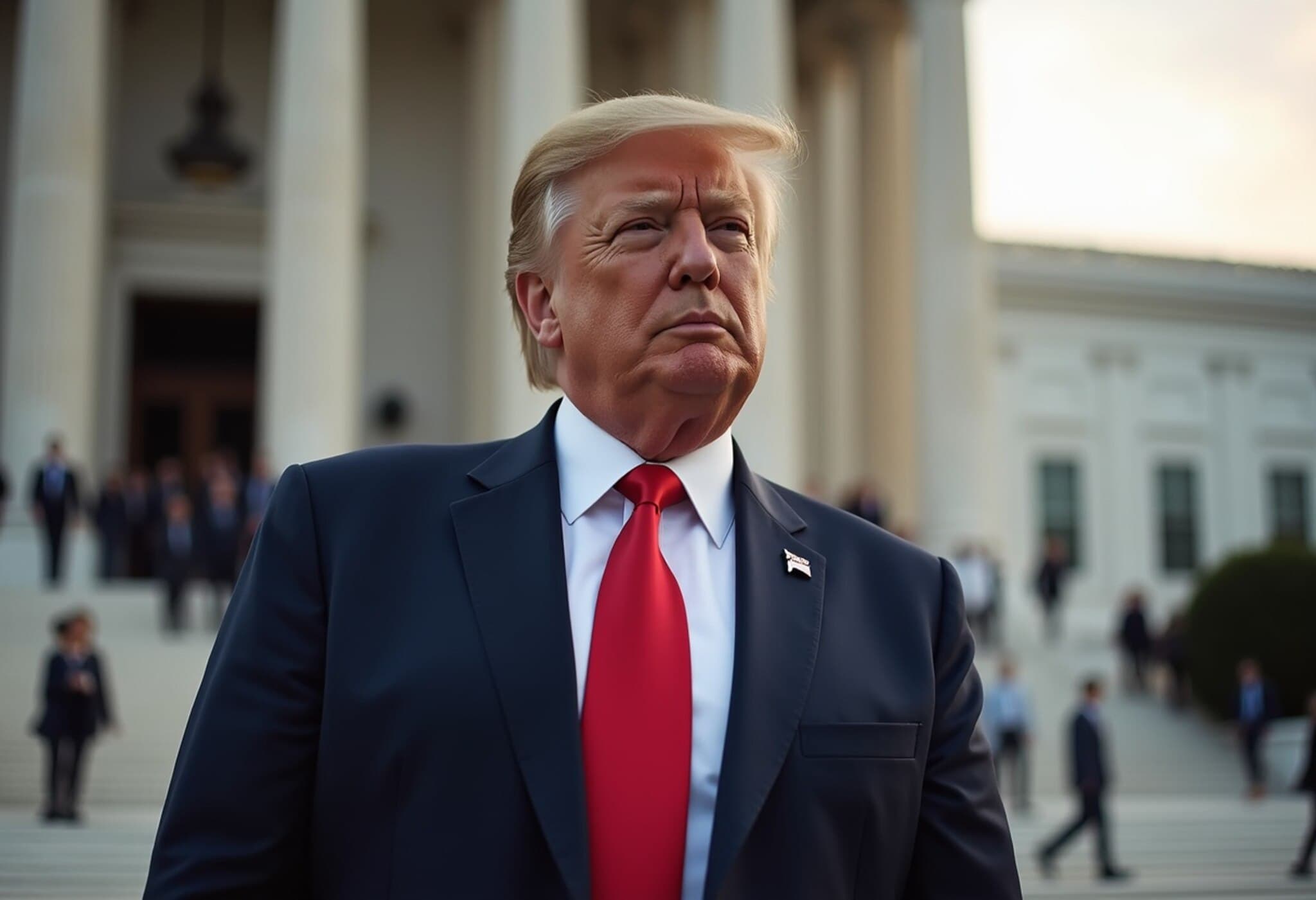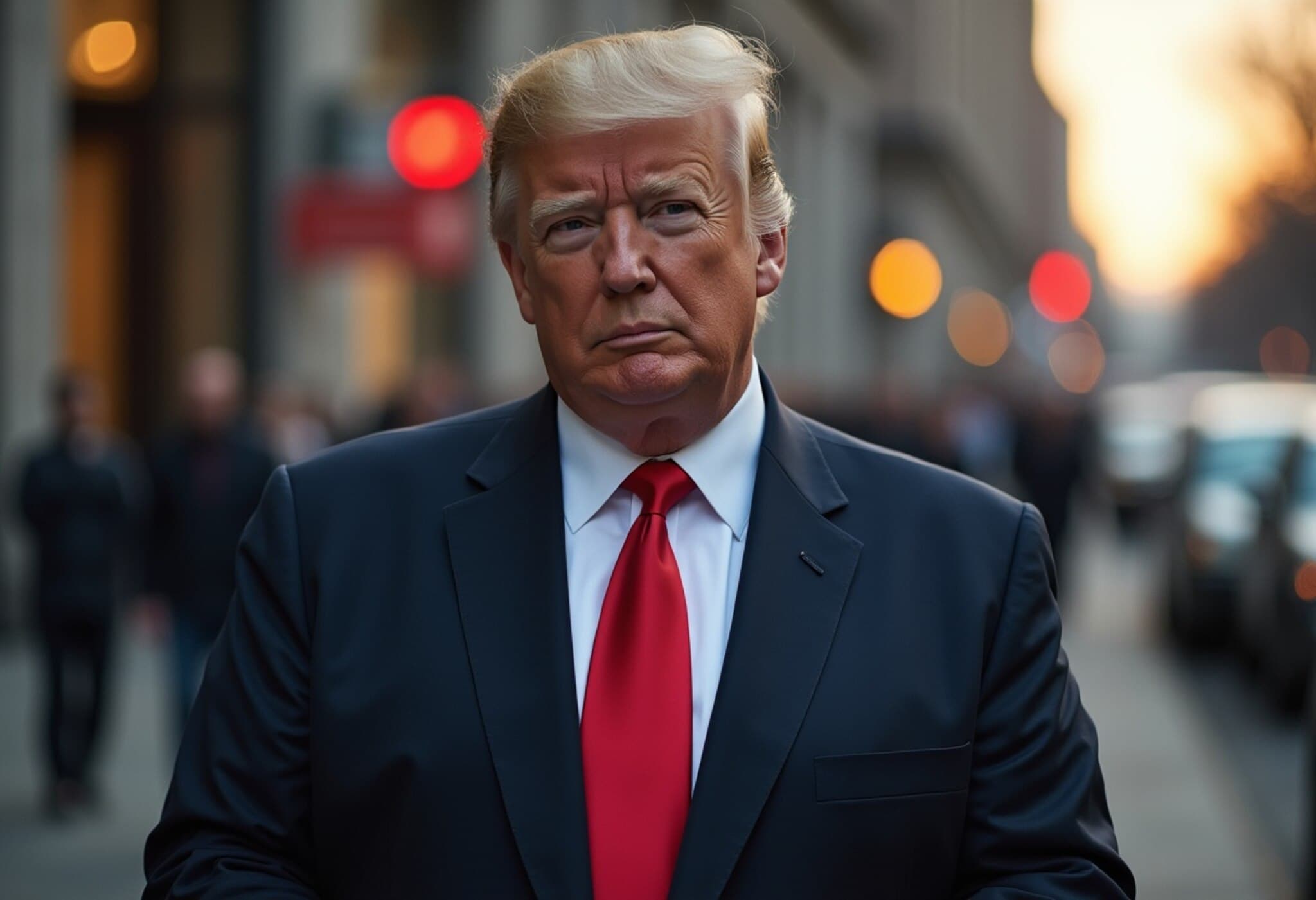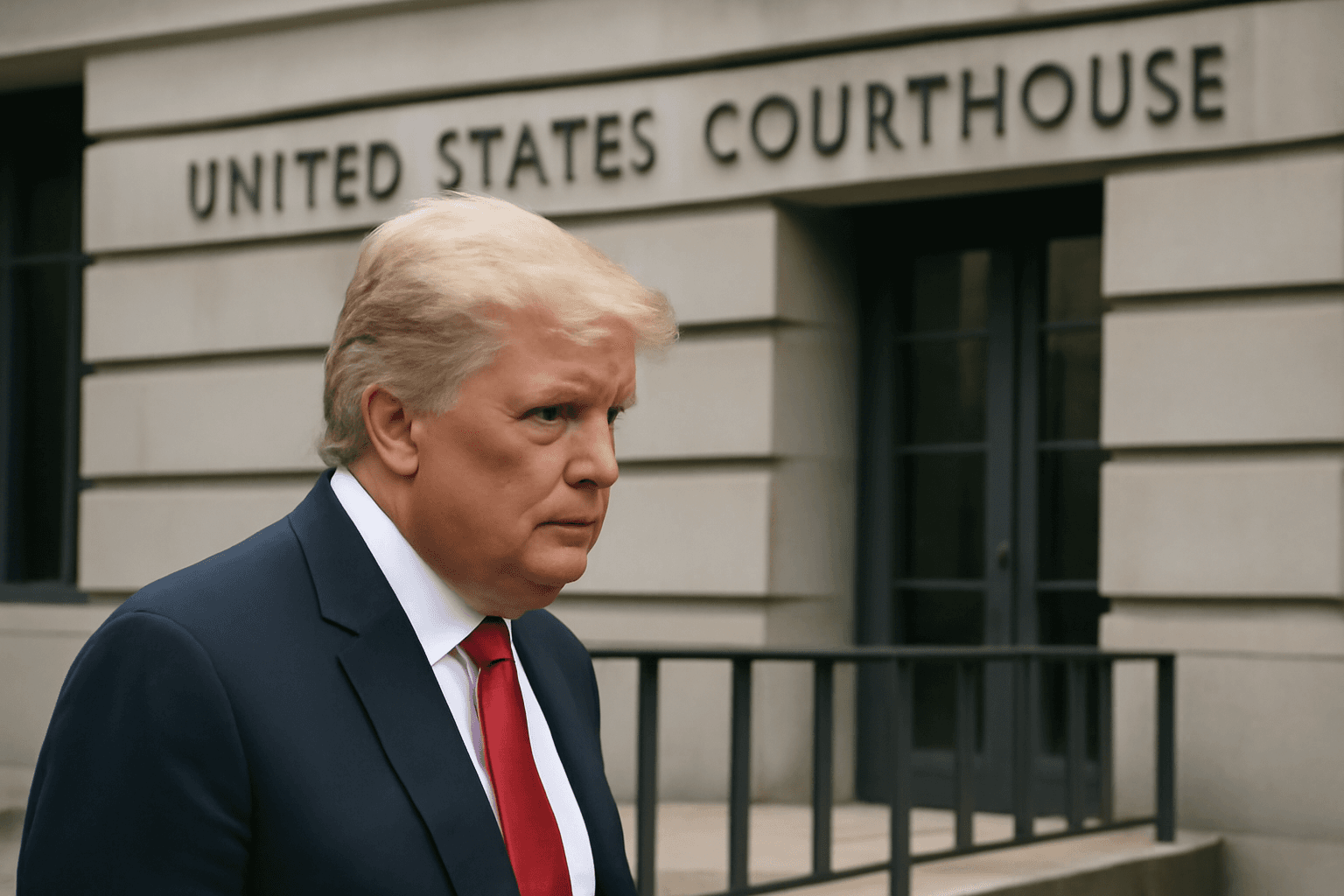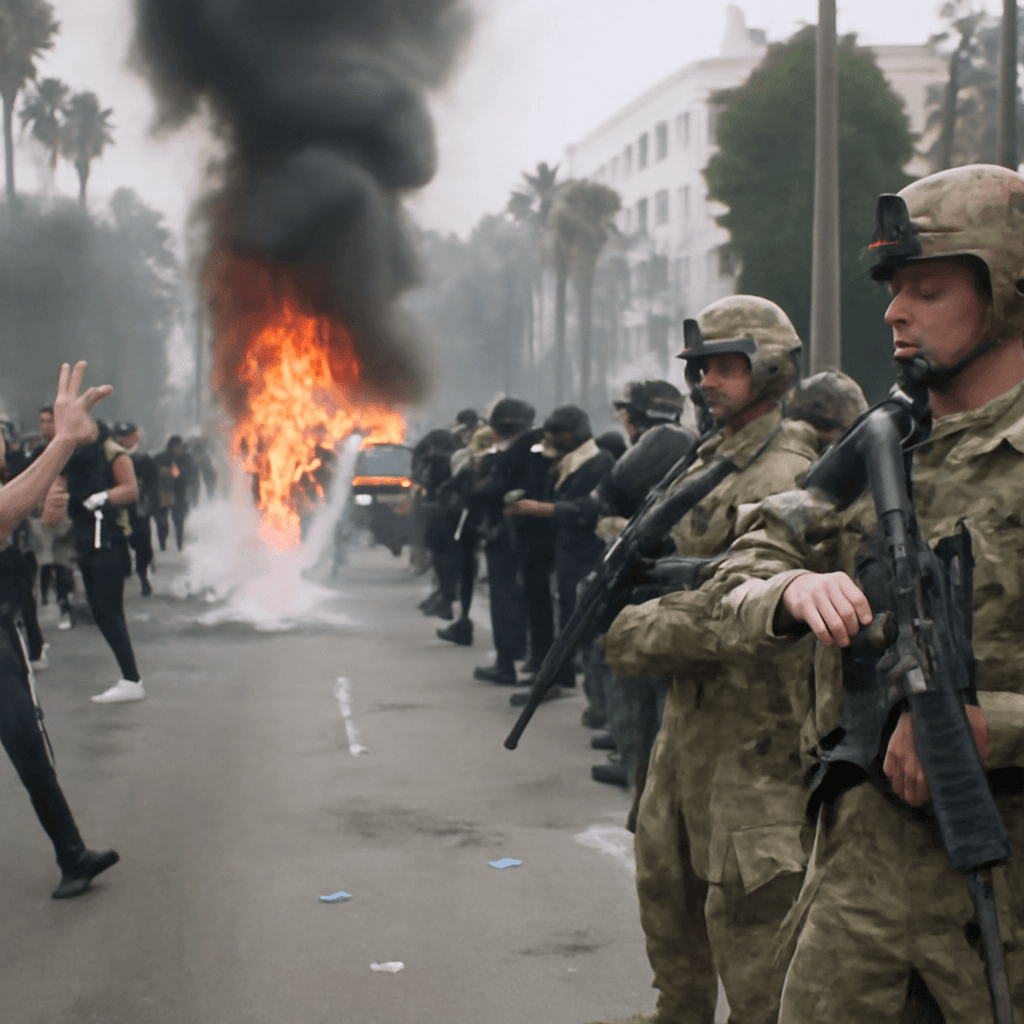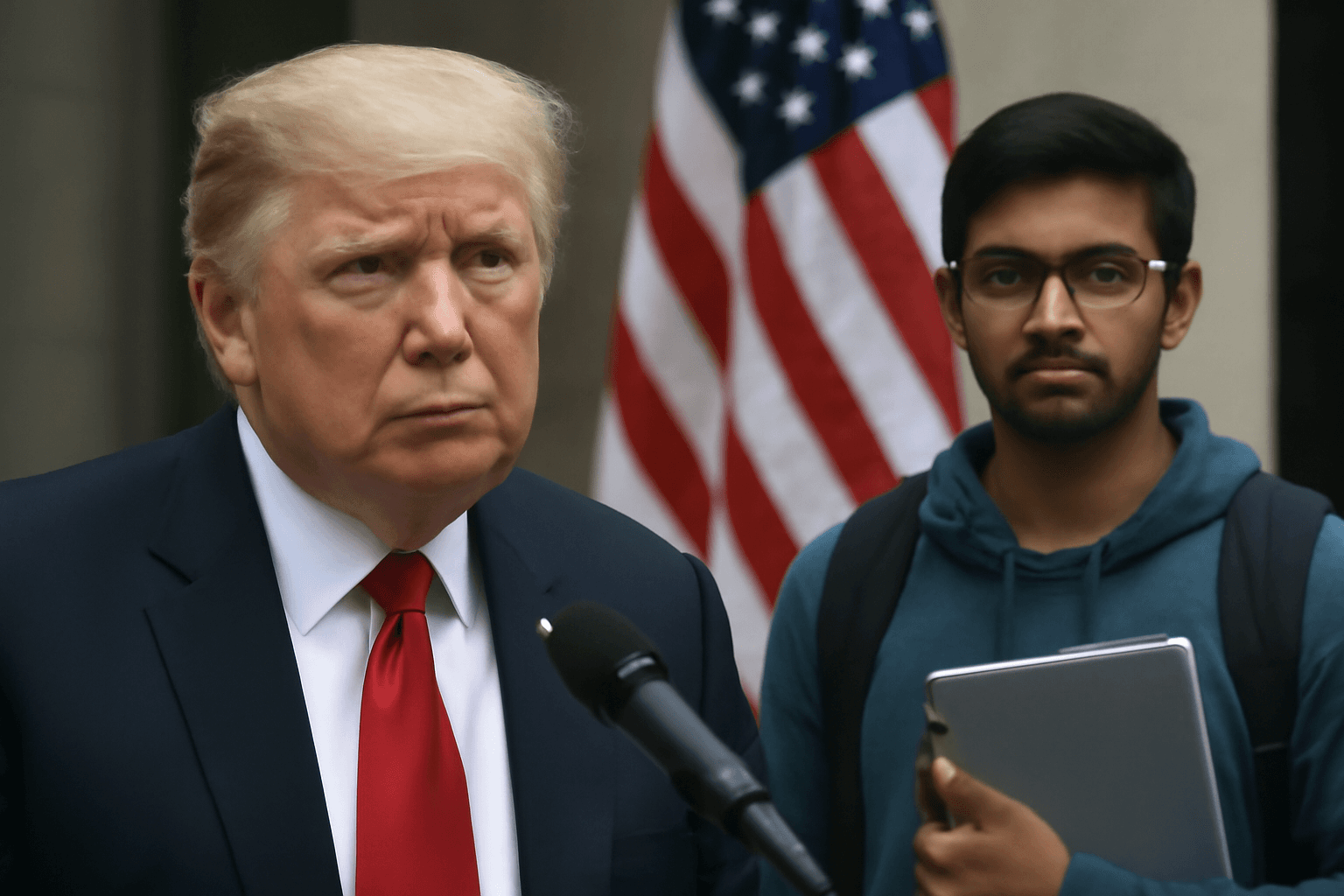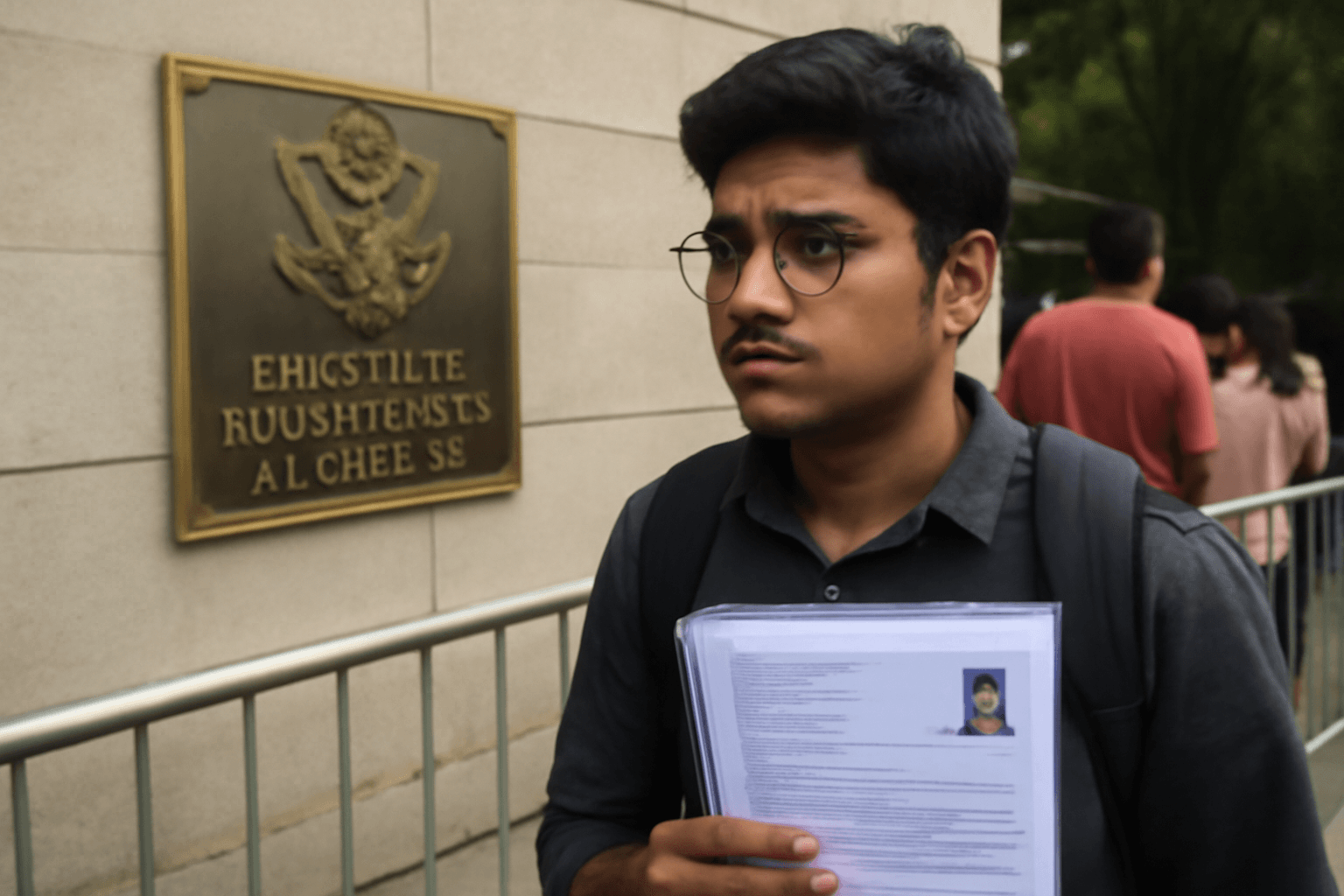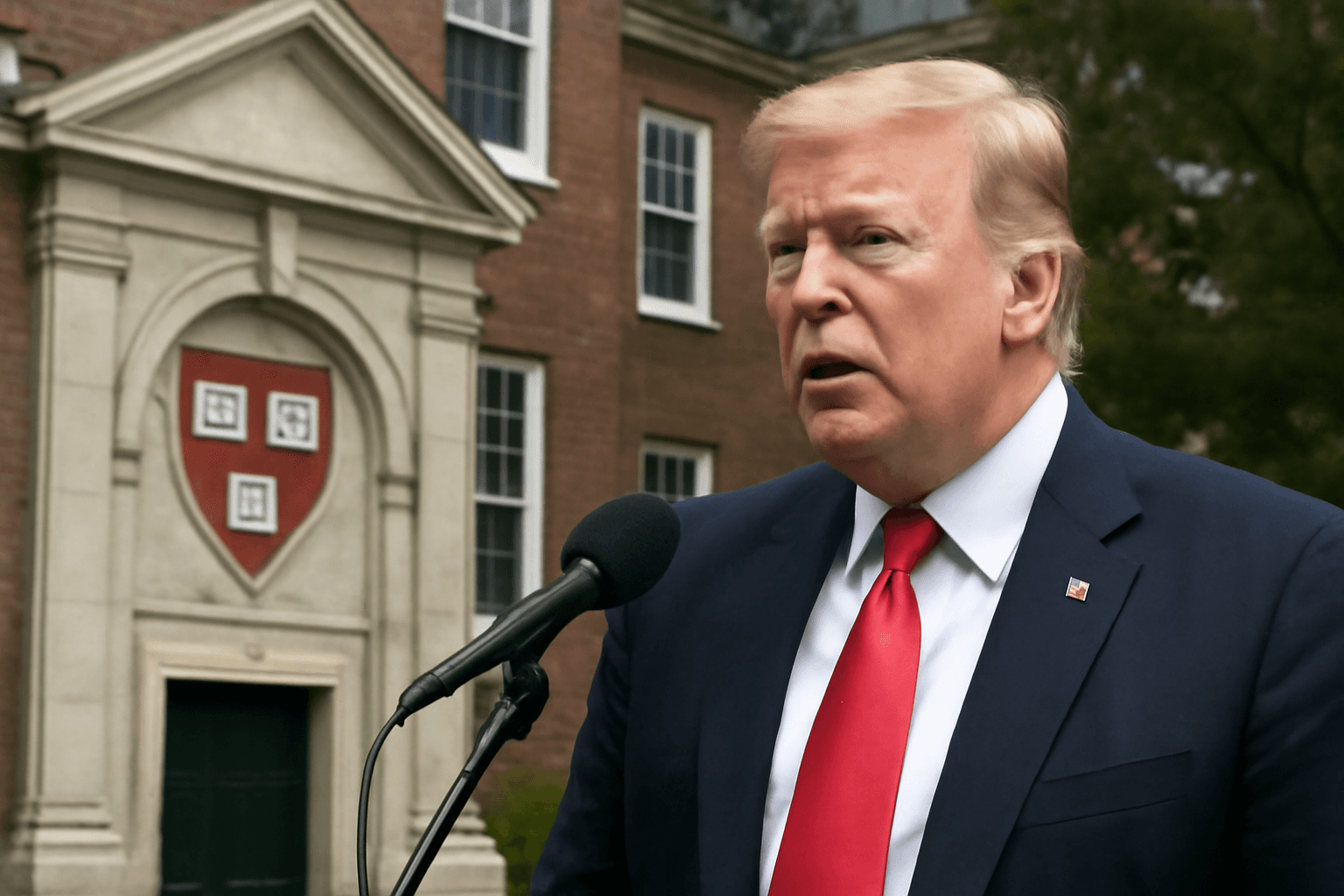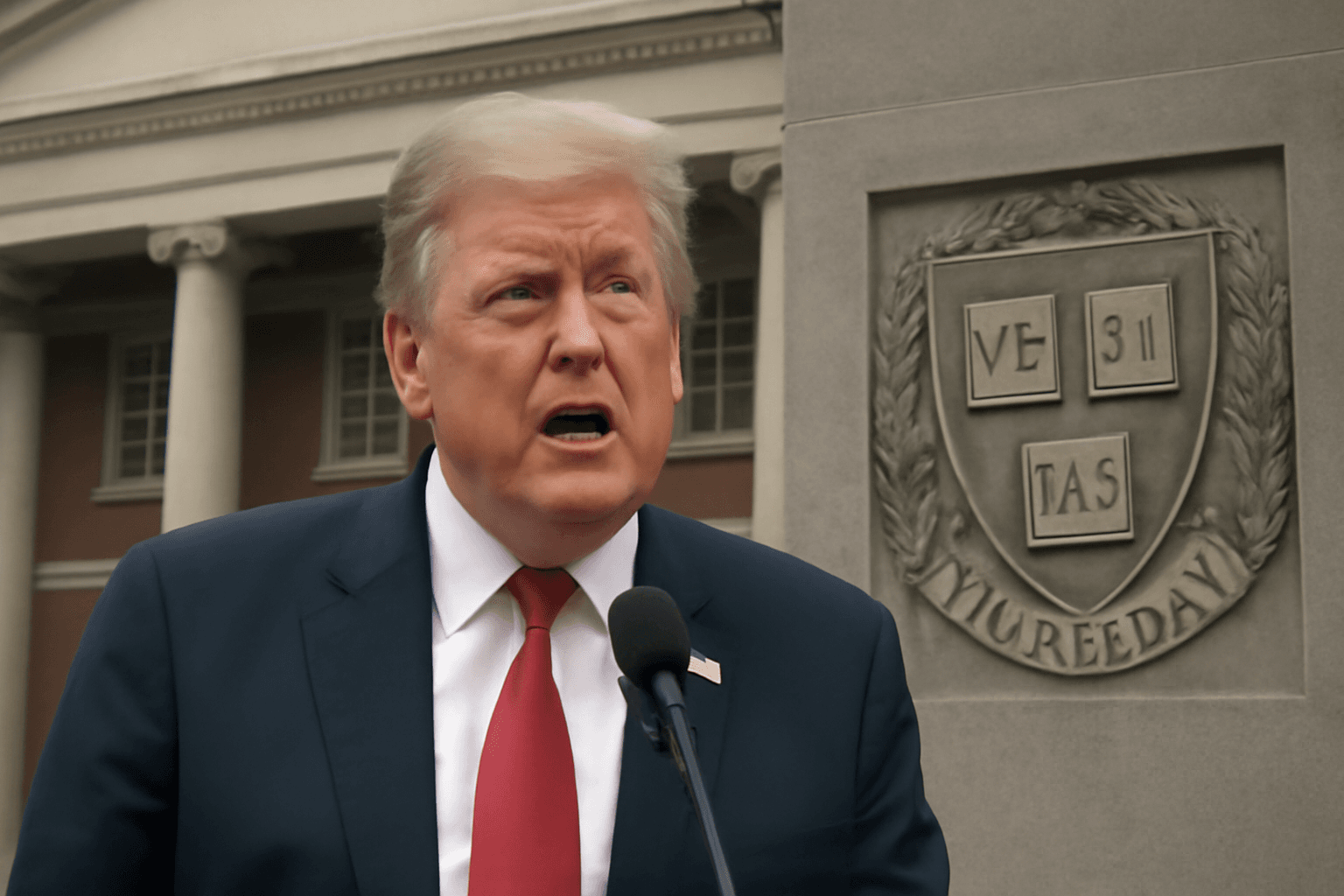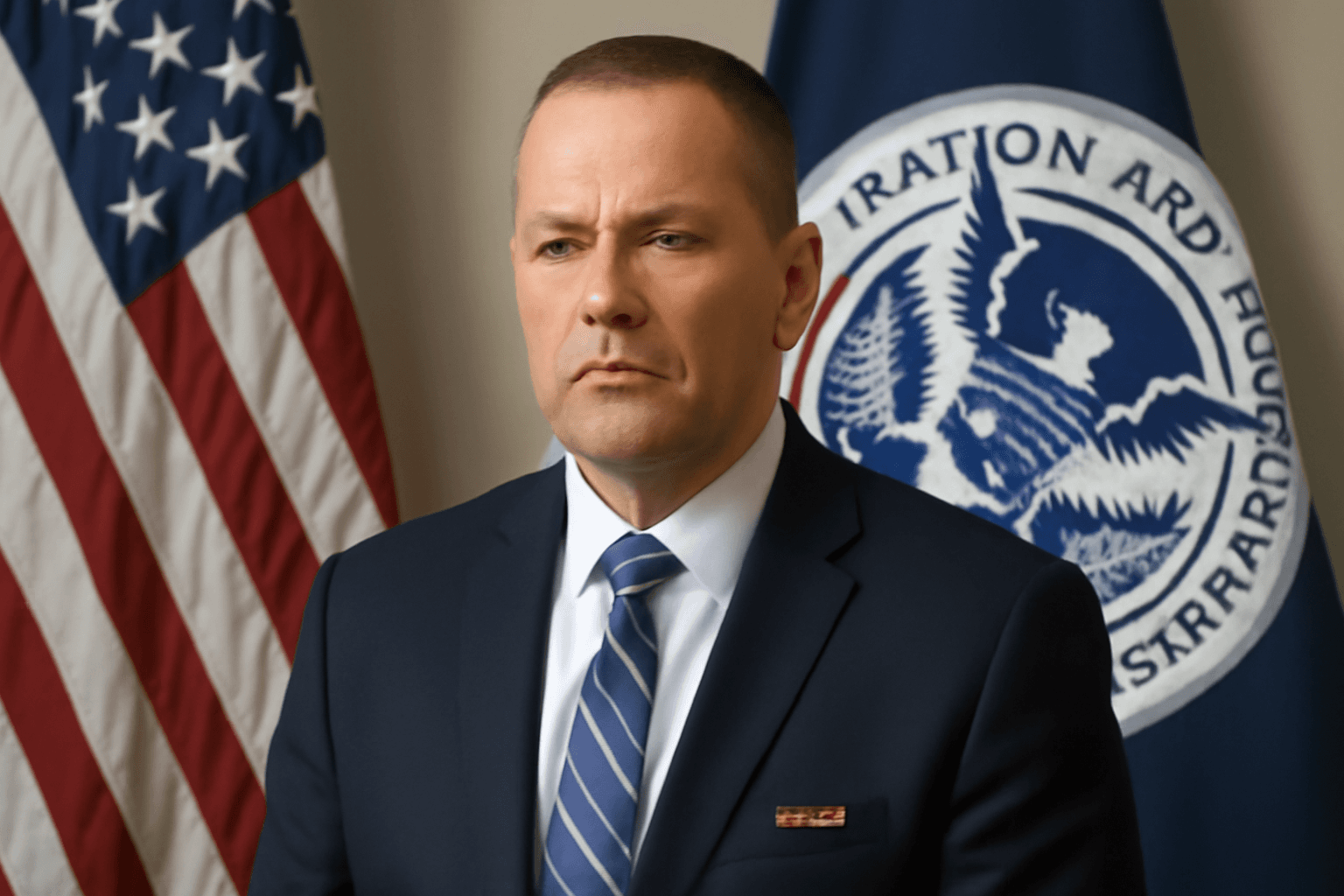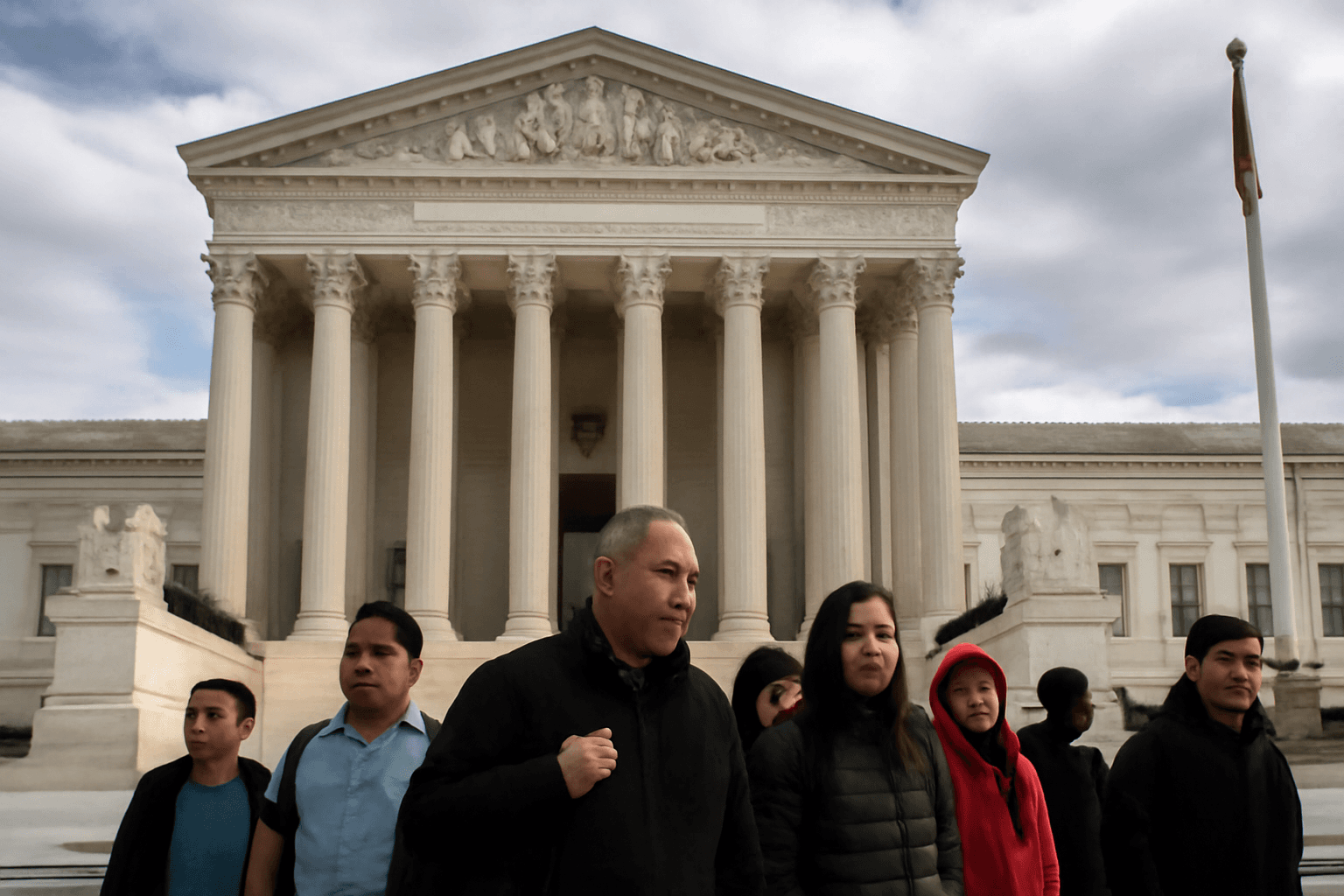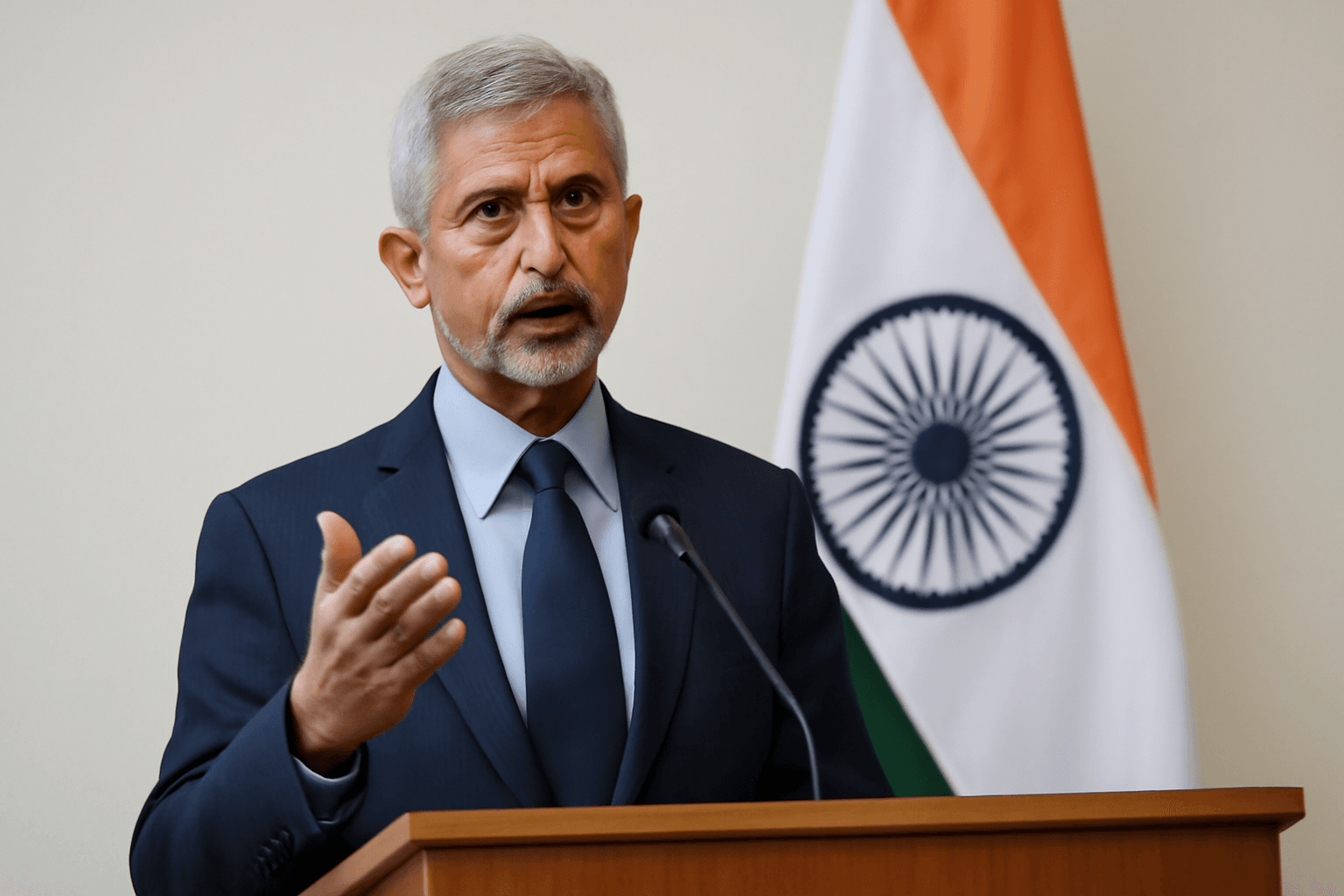The Supreme Court ruled on Friday that the Trump administration may proceed with terminating the protected status of approximately 500,000 immigrants from Cuba, Haiti, Nicaragua, and Venezuela while an appeal is pending. This decision permits the Department of Homeland Security (DHS) to dismantle so-called "categorical parole programs," which had previously granted these immigrants temporary protection from deportation and authorized some to work legally in the United States.
The ruling follows an executive order issued by President Trump on January 20, his first day back in office, instructing DHS to end these programs. A coalition of plaintiffs challenged the termination in federal court, leading a judge in Massachusetts to block the revocation. The 1st Circuit U.S. Court of Appeals upheld that block, prompting the administration to seek relief from the Supreme Court.
Justice Ketanji Brown Jackson authored a dissent joined by Justice Sonia Sotomayor, criticizing the majority decision for overlooking the severe impact on nearly half a million noncitizens whose lives and livelihoods could be disrupted while their legal claims remain unresolved. Jackson emphasized that even if the government is likely to prevail eventually, judicial procedures require more than probable victory before upending substantial interests.
With the Supreme Court’s ruling, DHS is authorized to revoke the protected status for this group as the appeals process continues. This decision comes shortly after the Court permitted the termination of protections for nearly 350,000 recipients of the Temporary Protected Status program.

